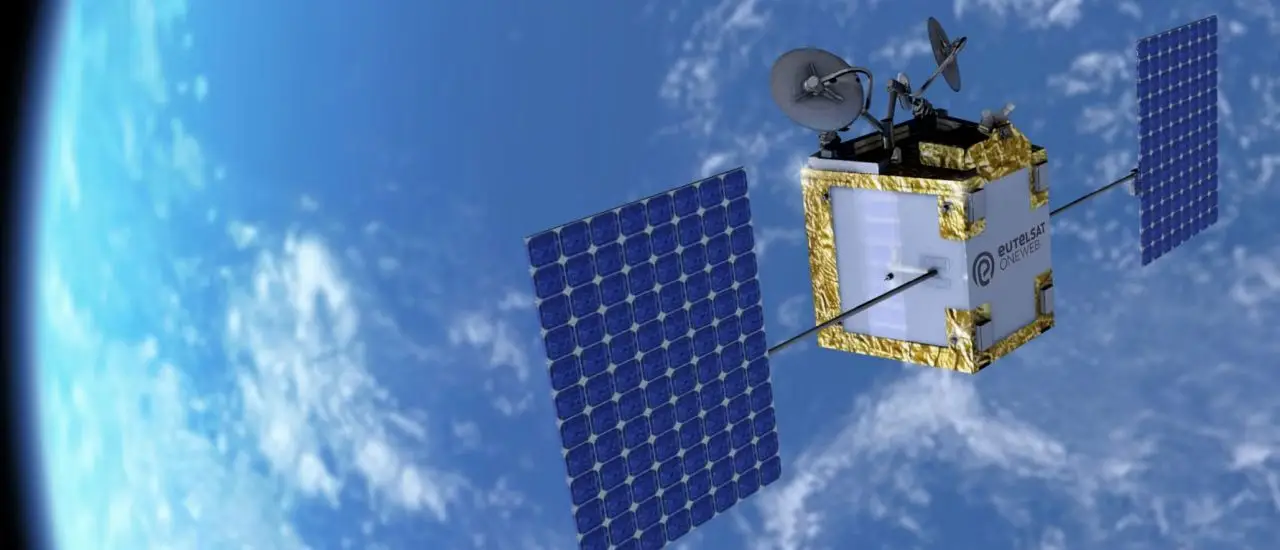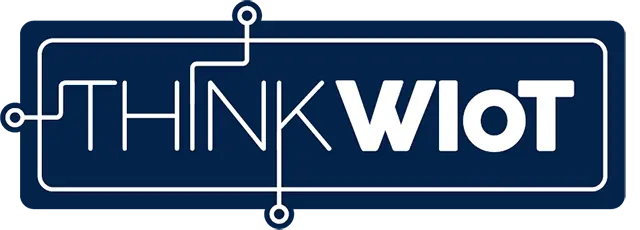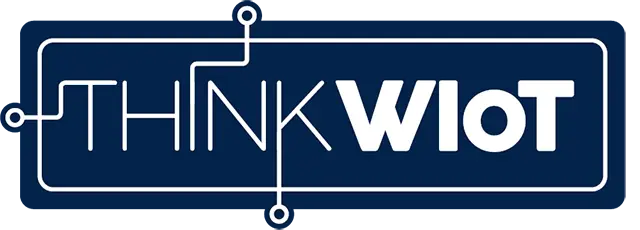Eutelsat, MediaTek and Airbus Announce 5G NTN Connection Leveraging OneWeb LEO Satellites

Eutelsat Group, MediaTek Inc. and Airbus Defence and Space have successfully completed the world's first trial of 5G Non-Terrestrial Network (NTN) technology over Eutelsat OneWeb's low-Earth orbit (LEO) satellites.
The trials pave the way for the deployment of the 5G NTN standard, which will lead to future satellite and terrestrial interoperability within a large ecosystem, reducing access costs and enabling the use of satellite broadband for 5G devices around the world.
The trial used Eutelsat OneWeb satellites with the MediaTek NR NTN test chipset and NR NTN test gNB provided by ITRI, implementing the 3GPP Release 17 specifications.
Sharp, Rohde & Schwarz provided the antenna array and test equipment. The LEO satellites, built by Airbus, carry transponders with Ku-band service link, Ka-band feeder link and use the earth-moving beams concept. During the trial, the 5G user terminal successfully connected to the 5G core via the satellite link and exchanged traffic.
With the integration of 5G standards shared and accepted by the entire mobile industry, all compatible satellite constellations will naturally and seamlessly complement terrestrial networks, enabling truly ubiquitous connectivity with economies of scale and opening up new markets for smartphones, automotive and the Internet of Things.
The use of low-flying mini-satellites will provide remote or inaccessible regions with internet and mobile phone connections. The development of so-called non-terrestrial networks (NTN) is part of the almost eleven billion euro Iris² investment program. As part of this program, almost 300 satellites are to be launched into low or medium orbits.
- Anja Van Bocxlaer, Managing Director
IRIS² Program of the European Union
The Infrastructure for Resilience, Interconnectivity and Security by Satellite (IRIS²) constellation is the European Union's answer to the pressing challenges of the future, providing enhanced communications capabilities for government users and businesses, while ensuring high-speed broadband Internet to cope with connectivity disruptions. The need for secure and resilient global connectivity is growing with the digitization of the economy and society, and increasing geopolitical and cybersecurity threats.
This multi-orbital constellation will combine the advantages of low earth orbit (LEO), geostationary orbit (GEO) and medium earth orbit (MEO) satellites. It will provide secure communications services for the EU and its Member States, as well as broadband connectivity for European citizens, private companies and public authorities. IRIS² will put an end to dead zones in Europe and across Africa by using the constellation's North-South orbits through a resilient and highly secure space- and ground-based system.
See the EU Space Programme for more information on the European Union's IRIS² program.

